single-award.php
MURAKAMI Suminao Award 2024 and the JDR Annual Awards 2024
 MURAKAMI SUMINAO AWARD FOR DISASTER RESEARCH 2024 WINNER |
|
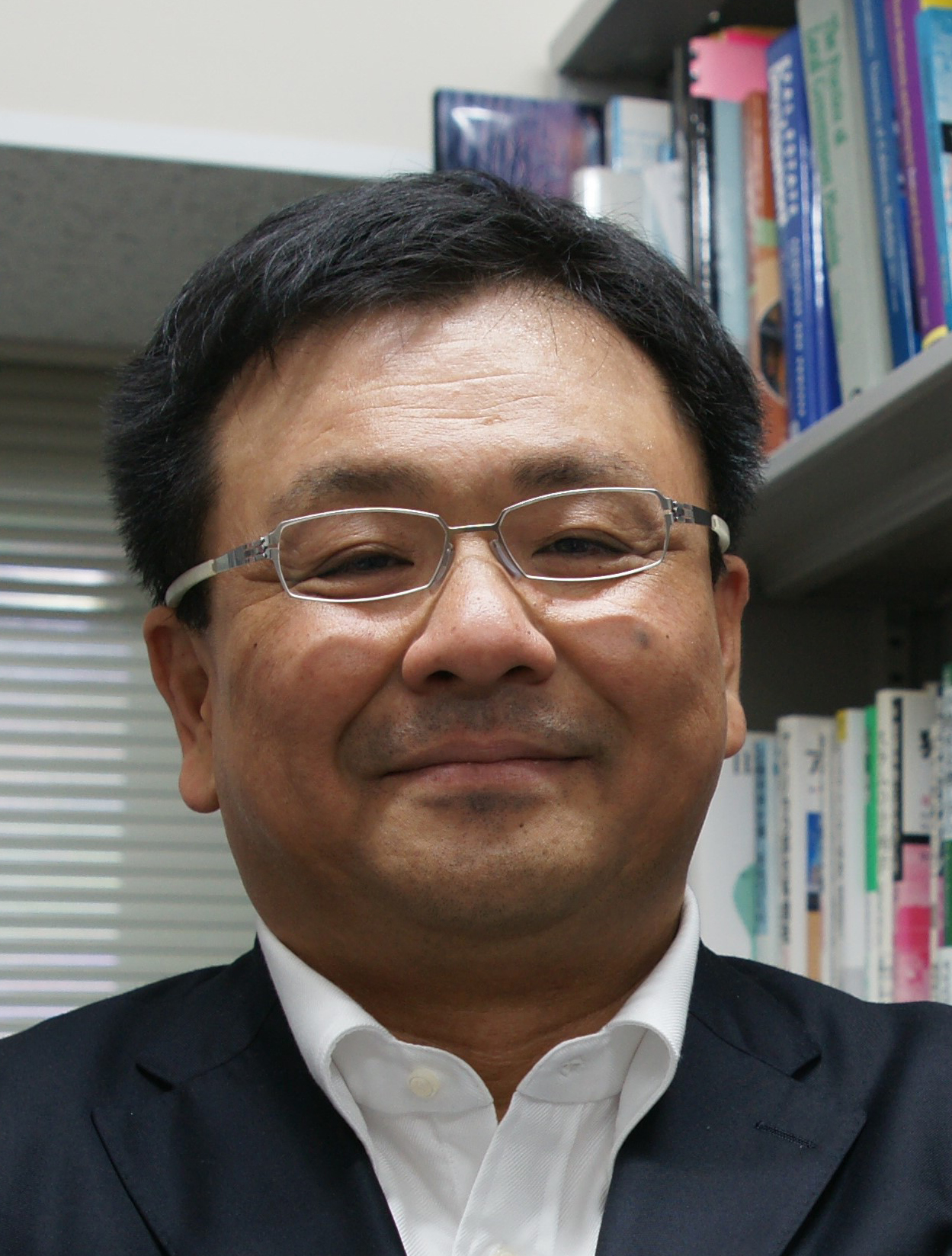 |
|
| Norio Maki Professor, Kyoto University, Kyoto, Japan |
|
Testimonial
Presenting the MURAKAMI Suminao Award 2024
It is my great pleasure to present the MURAKAMI Suminao Award to Prof. Norio Maki.
Since first being invited to review a paper published in the third issue of the JDR, Professor Maki has conducted more reviews of JDR submissions than any other reviewer. Furthermore, his continued support of the JDR, not only as a reviewer but also as a member of the Editorial Board, has been instrumental in fostering the journal’s growth and enhancing its reputation.
In recognition of these contributions, the JDR Editorial Board has decided
to bestow upon him the MURAKAMI Suminao Award.
I would like to take this opportunity to express my profound gratitude to
Professor Maki for his extraordinary efforts and to offer my warmest congratulations on receiving this distinguished award.
Shunichi Koshimura
Professor, International Research Institute of Disaster Science,
Tohoku University, Sendai, Japan
Message from the Winner
I am deeply honored to receive the MURAKAMI Suminao Award for Disaster Research. I first met Professor Murakami in 1991 when I was conducting a survey as a Ph.D. student on temporary emergency housing following the Unzen-Fugen Volcano eruption disaster. At the time, Professor Murakami was actively involved in drafting long-term recovery plans for the disaster-affected areas of Shimabara and Fukae.
Natural disasters were relatively infrequent then, and I still remember his concern when I mentioned that my doctoral thesis focused on emergency temporary housing. He asked, “Can you really write a dissertation on such a topic?” At that time, few students were studying disasters or disaster prevention, and I recall how much he cared for and supported young researchers. Although I did not have many opportunities to speak with him directly, I frequently relied on his research while developing my own studies over the years.
Receiving an award that bears his name it is a tremendous honor. I had hoped to meet him in person and express my gratitude. Unfortunately, he passed away last October, making that impossible. I feel that this award may be his message to me—a call to carry forward his legacy and strive even harder in my work. I pray for Professor Murakami’s eternal rest and peace.
I understand that this award recognizes, in large part, my con- tributions through reviewing several academic papers. However, I take this as a call to deepen these efforts further. With this in mind, I remain committed to continuing my work on editing JDR.
Thank you once again for this profound honor.
Norio Maki
January 6, 2025
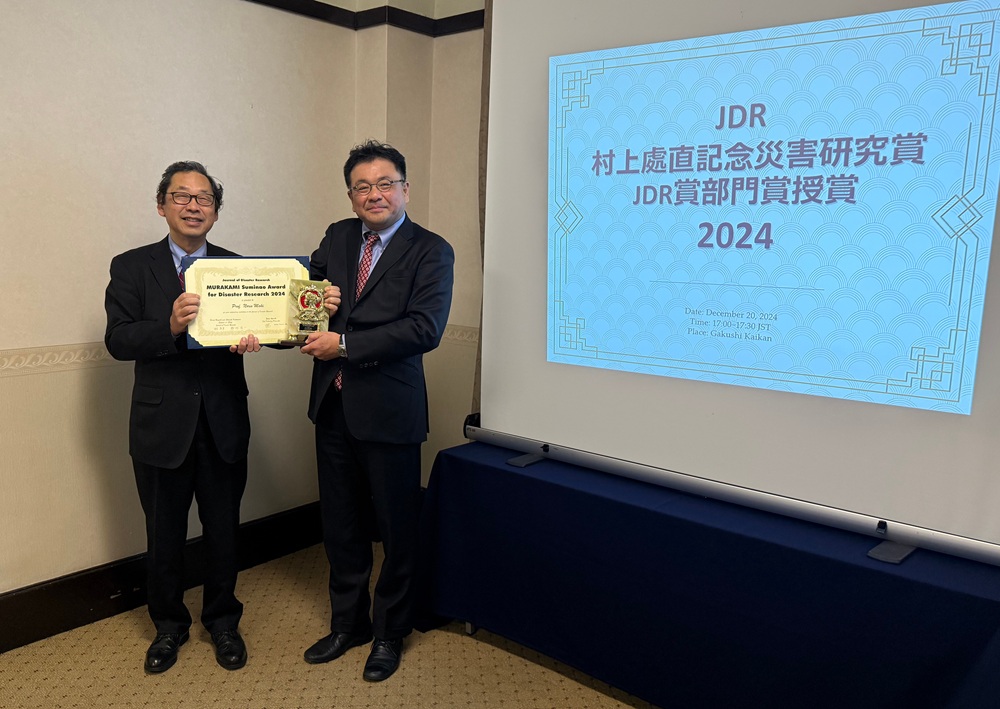
Photo: From left to right, Prof. Emeritus Haruo Hayashi (Editor-in-Chief) and Prof. Norio Maki (MURAKAMI Suminao Award for Disaster Research winner).
Congratulations!
We are pleased to announce that the MURAKAMI Suminao Award for Disaster Research and the JDR annual awards (the JDR Award for the Most Cited Paper, the JDR Award for the Most Downloaded Article, and the JDR Award for the Most Contributory Reviewer) of 2024 have been decided by the JDR Editorial Board. The award ceremony was held on December 20, 2024 at Gakushikaikan, Tokyo, Japan. We congratulate the winners and sincerely wish for their future academic and professional success.
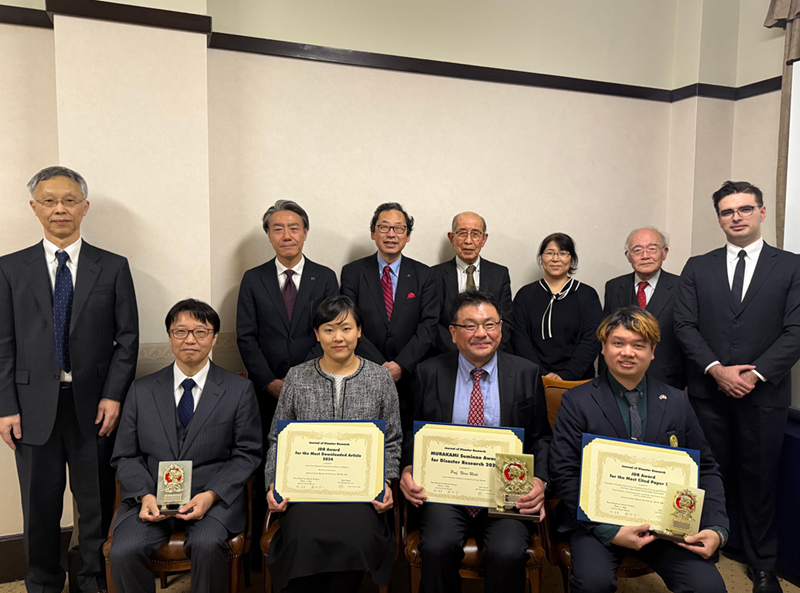
Photo: The winners and the JDR Editors at the ceremony. From the left in the lower row, Mr. Hisaya Sawano (the JDR Award for the Most Downloaded Article winner), Prof. Miho Ohara (the JDR Award for the MostDownloaded Article winner), Prof. Norio Maki (MURAKAMI Suminao Award for Disaster Research winner), and Prof. Natt Leelawat (the JDR Award for the Most Cited Article winner). From the left in the upper row, Dr. Yonetatsu Matsumoto (Publisher), Prof. Shunichi Koshimura (Editor-in-Chief), Prof. Emeritus Haruo Hayashi (Editor-in-Chief), Prof. Emeritus Sumio Shinoda, Dr. Noriko Shimasaki, Prof. Emeritus Katsuki Takiguchi, and Yosif Ayanski (Publisher).
JDR AWARD FOR THE MOST CITED PAPER 2024 Twitter Sentiment Analysis of Bangkok Tourism During COVID-19 Pandemic Using Support Vector Machine Algorithm Thanapat Sontayasara, Sirawit Jariyapongpaiboon, Arnon Promjun, Napat Seelpipat, Kumpol Saengtabtim, Jing Tang, and Natt Leelawat |
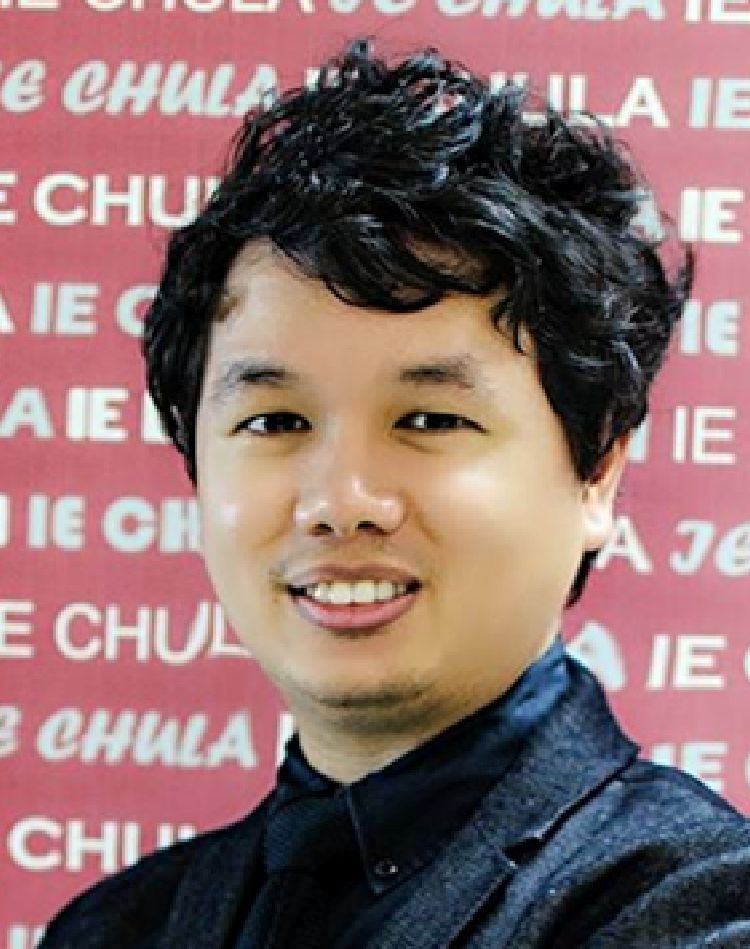 | 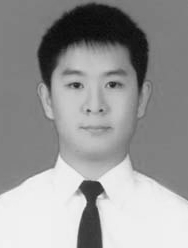 | 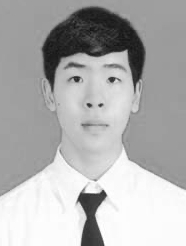 | 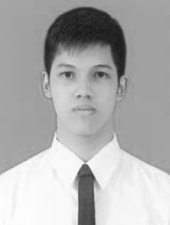 |  |
| Natt Leelawat Associate Professor, Chulalongkorn University, Bangkok, Thailand | Thanapat Sontayasara Chulalongkorn University, Bangkok, Thailand | Sirawit Jariyapongpaiboon Chulalongkorn University, Bangkok, Thailand | Arnon Promjun Chulalongkorn University, Bangkok, Thailand |
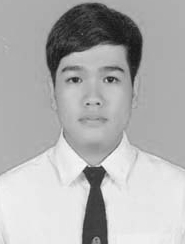 | 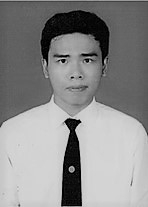 |  |  |
| Napat Seelpipat Chulalongkorn University, Bangkok, Thailand | Kumpol Saengtabtim Chulalongkorn University, Bangkok, Thailand | Jing Tang Chulalongkorn University, Bangkok, Thailand |
Message from the Winner
We are deeply honored to receive the JDR Award for the Most Cited Paper of 2024 for our work titled “Twitter Sentiment Analysis of Bangkok Tourism During COVID-19 Pandemic Using Support Vector Machine Algorithm.” This recognition underscores the dedication and effort of our entire research team.
Our study was conducted during one of the most challenging periods for global tourism, brought on by the COVID-19 pandemic. As one of the top tourist destinations in the world, Thailand faced significant impacts on its tourism industry. Our research aimed to analyze the sentiments of travelers about visiting Bangkok during the nationwide lockdown in April 2020. The insights from this analysis highlight the strengths and weaknesses of various tourism related issues, offering valuable recommendations for tourism organizations. Social media feedback played a crucial role in understanding public sentiment, which facilitated better planning and response strategies during the crisis.
I express my heartfelt gratitude to my research team for its dedication and expertise. Their innovative thinking was instrumental in achieving this recognition. I also sincerely thank the JDR Editorial-in-Chief and the academic community for their continued support and encouragement. Moving forward, we remain committed to contributing meaningfully to disaster management through AI applications.
Thank you for this esteemed honor.
T. Sontayasara, S. Jariyapongpaiboon,
A. Promjun, N. Seelpipat, K. Saengtabtim,
J. Tang, and N. Leelawat
January 6, 2025
JDR AWARD FOR THE MOST DOWNLOADED ARTICLE 2024 Current Issues Regarding the Incident Command System in the Philippines Miho Ohara and Hisaya Sawano |
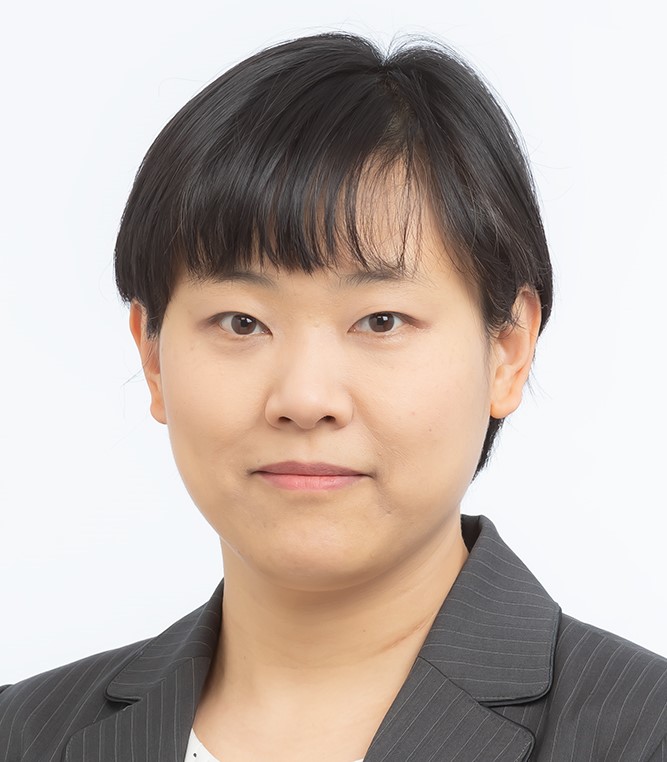 | 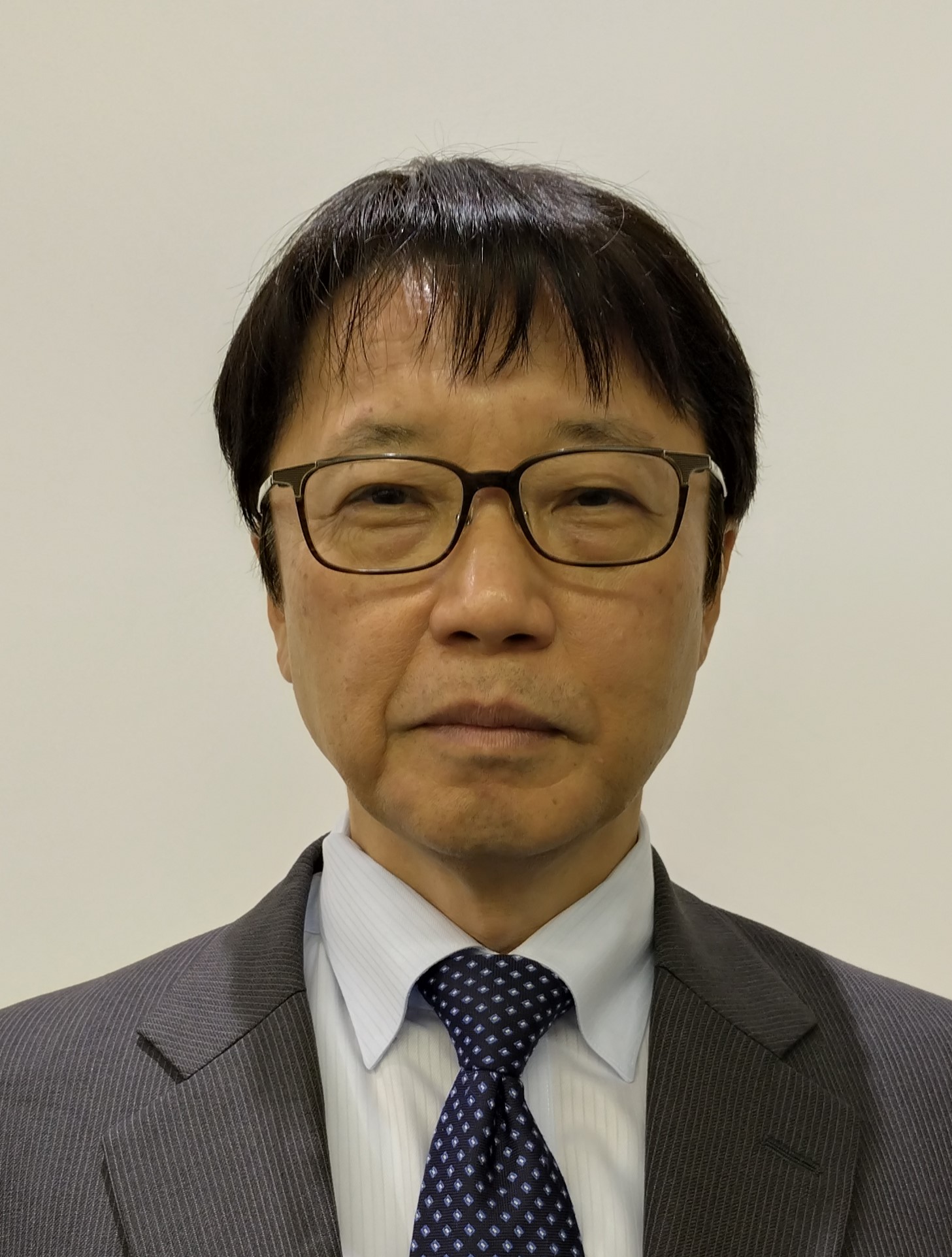 |  |
| Miho Ohara Professor, The University of Tokyo, Tokyo, Japan | Hisaya Sawano Director, Research Division II, Foundation of River and Basin Integrated Communications, Tokyo, Japan |
Message from the Winner
It is my great pleasure to be awarded the JDR Award for the Most Downloaded Paper 2024 by the Journal of Disaster Research (JDR). This paper investigated the emergency response system in the Philippines by focusing on flood prone areas. Through both literature and interview surveys, we identified the issues with emergency response at different administrative levels, including the community, municipal, provincial and national levels.
This study was conducted at the International Centre for Water Hazard and Risk Management (ICHARM) under the auspices of UNESCO, PWRI, Japan. Support from the related organization in the Philippines was essential for conducting the interviews and field surveys in local areas in the Philippines. The comparison of the emergency response system between the Philippines, as target country, and Japan, as author’s country, gave a lot of insights for considering a better system in the future. I would like to express my deepest gratitude to all the people who cooperated with us to provide survey opportunities and support our research activity.
As the experience in this paper encouraged our motivation to comparative study among different countries, we have recently expanded our research activity not only in emergency response but also into flood disaster risk assessment in the Philippines. We hope to continuously contribute to the JDR with publications on different topics.
Miho Ohara
January 10, 2025
Message from the Winner
It is a great honor to have my name listed as a recipient of the JDR Award for the Most Downloaded Article, alongside Professor Miho Ohara. This paper was published during our collaboration at the International Centre for Water Hazard and Risk Management (ICHARM) under the auspices of UNESCO, PWRI, Japan. The award-winning paper summarizes the state of disaster response organizations in the Philippines and identifies issues for improving risk reduction efforts. In formulating a disaster risk reduction plan, it is vital for all parties involved, including national and local governments, to clearly define their roles, share responsibilities, and coordinate effectively. This approach enhances the overall impact of their efforts by grounding them in scientific analyses of natural hazards. Following the publication of this paper, ICHARM has consistently conducted various activities in the Philippines in partnership with national and local governments. These initiatives aim to support their risk reduction efforts and raise residents’ risk awareness of potential hazards. For example, hazard maps haveeen created on-site to help residents understand water-related risks better. I am deeply grateful to the JDR for this recognition, and I look forward to continuing my contributions to the JDR.
Hisaya Sawano
January 10, 2025
 JDR AWARD FOR THE MOST CONTRIBUTORY REVIEWER 2024 |
|
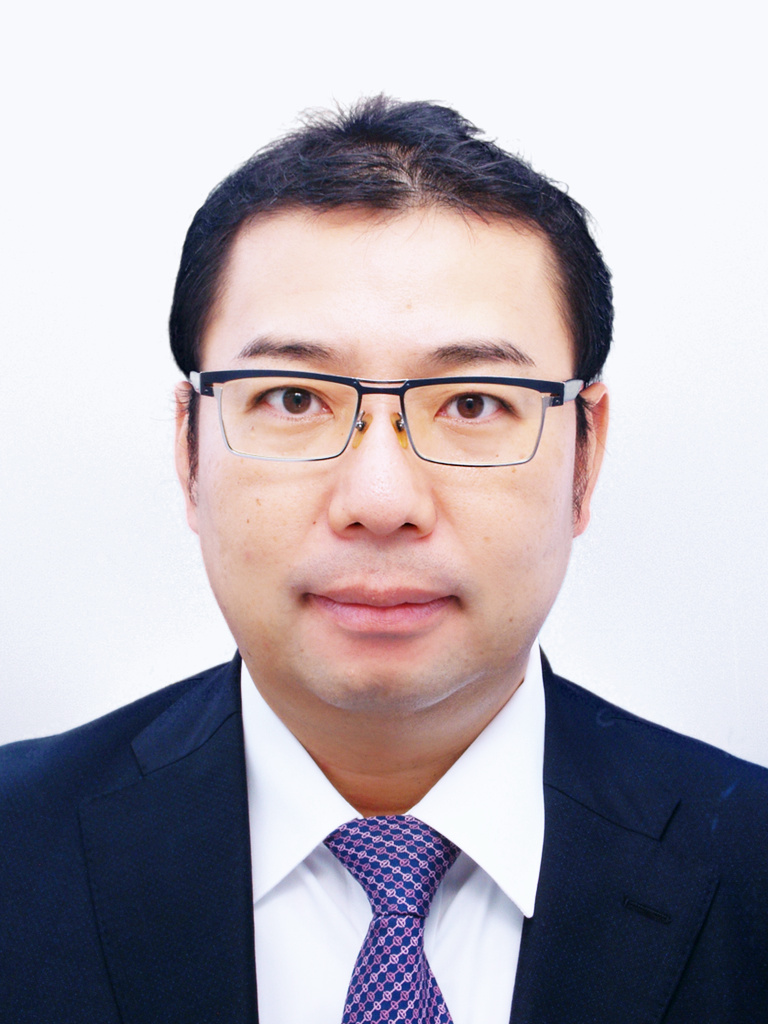 |
|
| Reo Kimura Professor, University of Hyogo, Himeji, Japan |
|
Message from the Winner
I am deeply honored to receive the JDR Award for the Most Contributory Reviewer 2024 for the second consecutive year, following the recognition I received last year.
In 2024, Japan experienced devastating natural disasters on the Noto Peninsula, including earthquakes and torrential rains, which tragically claimed many lives. Globally, we witnessed a series of catastrophic events, including two major hurricanes in the United States, a magnitude 7.4 earthquake in Taiwan, record-breaking rainfall in Spain, and a volcanic eruption in Iceland. In 2023, UN Secretary-General António Guterres described the year as one of “global boiling,” an apt term for an era marked by unprecedented natural calamities. Beyond natural disasters, we continue to face numerous geopolitical risks, including aviation accidents, acts of terrorism, and ongoing wars and conflicts.
In such challenging times, I firmly believe that a globally oriented, interdisciplinary journal such as JDR—dedicated to disaster research, prevention, and crisis management—is becoming increasingly vital. As a reviewer, I have had the privilege of engaging with diverse and hought-provoking papers from around the world. This experience has been invaluable, offering continuous learning opportunities and the pride of contributing to the dissemination of impactful research through JDR to a global audience.
I sincerely hope for the continued growth and success of your esteemed journal and look forward in contributing more in the future. Once again, thank you for this exceptional honor.
Reo Kimura
January 10, 2025